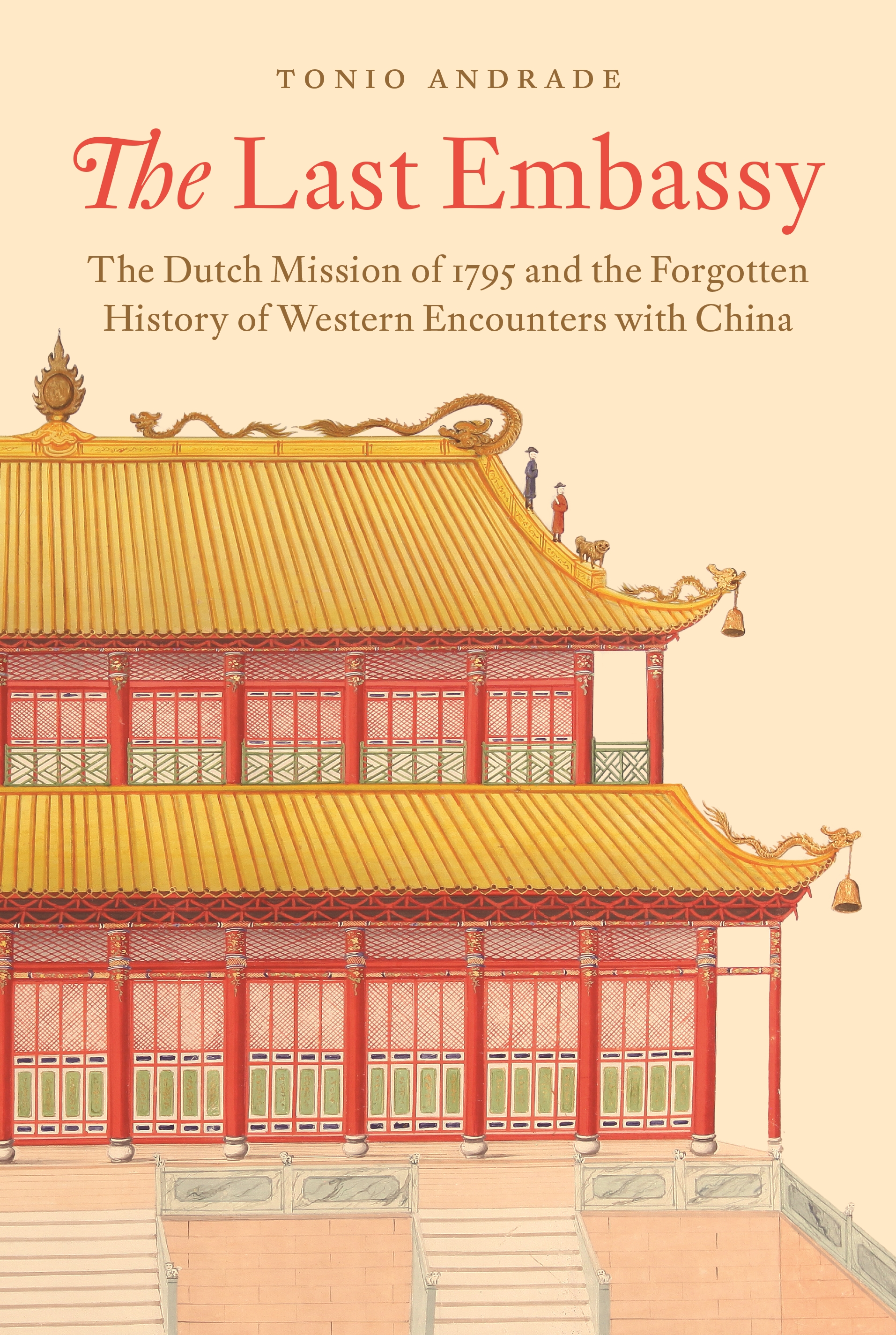Dr. Nicole Guidotti-Hernandez, Professor of English and associated faculty in the History Department, was recently quoted in an article in the Atlanta Journal-Constitution. Titled “Children of immigrants make giving back a priority,” the piece discusses how and why many Asian and Latinx second-generation immigrants in Atlanta engage in social justice and community service. Guidotti-Hernandez is the author of Unspeakable Violence: Remapping U.S. and Mexican National Imaginaries (Duke University Press, 2011). Read an excerpt from the AJC piece below along with the full article: “Children of immigrants make giving back a priority.”
“Children of immigrants are often influenced by their parents’ past to contribute to their communities, according to Nicole Guidotti, an English and Latinx studies professor at Emory University.
“She said it’s typical for people who’ve lived in places with economic, gender, racial and religious disparities to rely on strong communal ties for survival — and those bonds and those traditions ‘don’t stop when somebody leaves their home country.”

